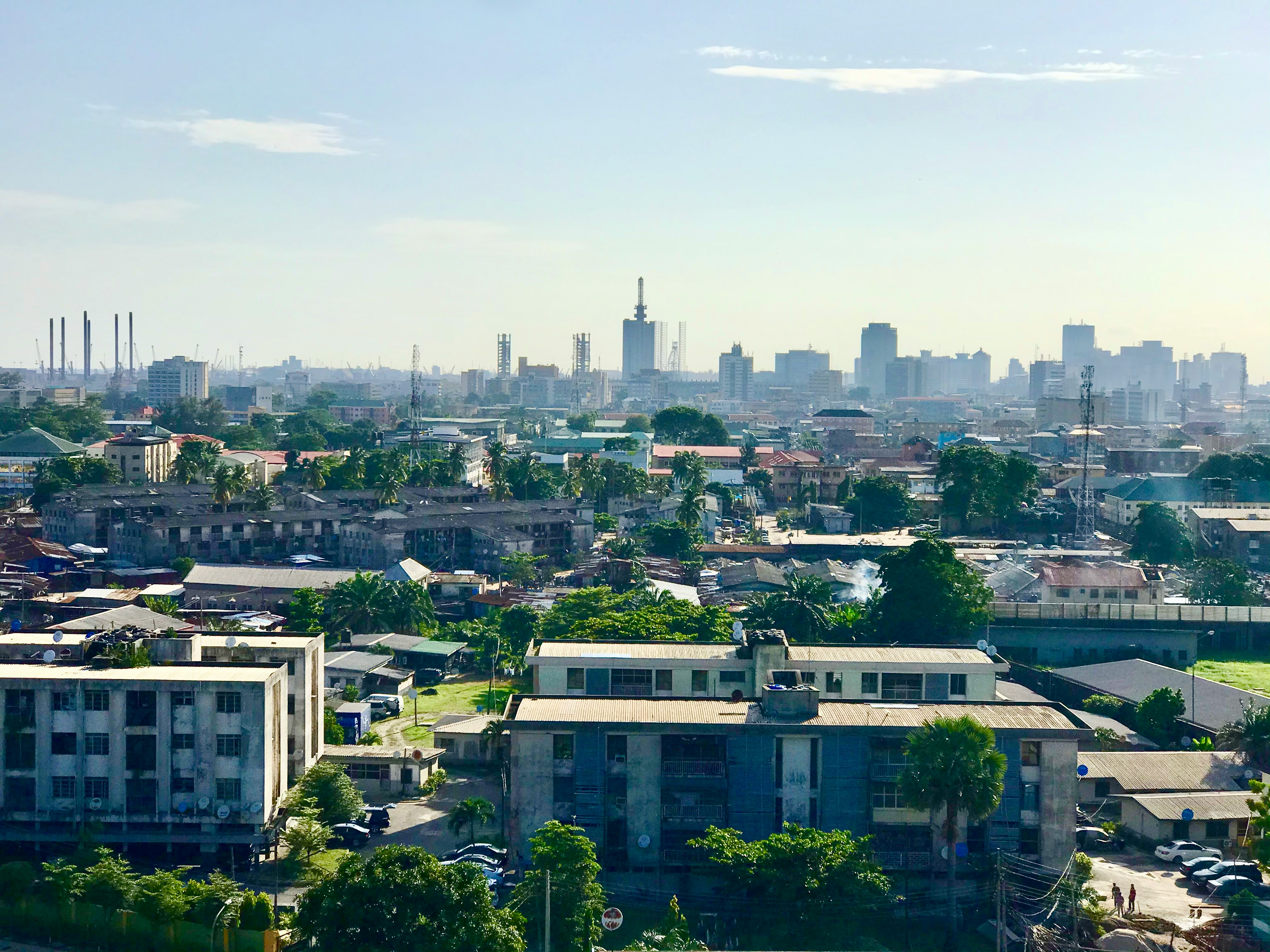Every day, more than 1,800 new businesses are registered in just four African countries -- more than 1,100 in South Africa alone, plus hundreds more in Nigeria, Kenya and Egypt. And that's just the formal sector. Add in the informal economy, and the number climbs much higher.
Every day, more than 1,800 new businesses are registered in just four African countries -- more than 1,100 in South Africa alone, plus hundreds more in Nigeria, Kenya and Egypt. And that's just the formal sector. Add in the informal economy, and the number climbs much higher.
"We're mapping where entrepreneurship is actually happening across Africa -- not just in numbers but in terms of productivity and growth," Tharwat says. "Understanding the landscape will drive policy changes that support an increase in wealth, opportunity and welfare to the developing world."

Quality Over Quantity
Tharwat seeks to understand not just the quantity of businesses in Africa but the quality of innovation they bring to the table. "We see a lot of entrepreneurship in sub-Saharan economies, but we know that most of it falls under the category of survival entrepreneurship, like new restaurants or shops that meet immediate needs," he explains. "On the other hand, productive entrepreneurship drives innovation, adds value and has the potential to create long-term economic growth."
Collecting data from the Global Entrepreneurship Monitor (GEM), Crunchbase and the World Bank, Tharwat found that productive entrepreneurship, like startups and high-growth firms, is highly concentrated in Mauritius, Botswana, Tunisia and South Africa.
Moreover, unicorns -- startups valued at over $1 billion that are privately owned and not listed on a share market -- are only found in countries that have what Tharwat calls critical mass: large populations, developed infrastructure, enough investors and talent to grow a business, and
a certain threshold of economic activity and stability that supports innovation.
"Economists agree that innovation is the primary driver of economic growth," Tharwat says. "So if we want to drive economic growth, we need to understand what drives innovation."
Measuring Innovation
Innovation has been a topic of interest to Tharwat since his days as a PhD student at Paris-Saclay University, where he specialized in the economics of innovation and globalization. According to the Organisation for Economic Cooperation and Development, innovation occurs when a new product, service or way of doing things is created.
"Innovation adds value by making things better, rather than just being an idea or invention that never gets used," says Tharwat. "When we bring a new product or service to the world, that means we are creating new jobs, opportunities or even markets. In other words, we're increasing the size of the economic pie and creating more wealth and abundance for a country."
Despite being an abstract concept, innovation can be measured through
a range of indicators. Tharwat looks at research and development spending, the adoption of new technologies, and intellectual property in the form of patents and trademarks -- the latter of which are among the strongest indicators of innovation in developing countries.
"Understanding the landscape will drive policy changes that support an increase in wealth, opportunity and welfare to the developing world."
"Looking at trademarks paints a much clearer picture of innovation," Tharwat explains. "Patents protect technical inventions, while trademarks protect commercial identity, like brands or logos. Trademarks are also at least 10 times less costly to apply for, making them an attractive option for startups and small- and medium-sized enterprises that lack the resources to create something patentable."
Furthermore, pressures like foreign competition can stifle this progress. Tharwat's earlier work found that in markets facing heavy Chinese import competition, local firms were less likely to apply for trademarks, indicating that innovation is stunted when these firms are overwhelmed by import competition.
"Innovation and entrepreneurship are deeply connected," he says. "Places with more trademark activity tend to have healthier business environments, creating a feedback loop of creativity and growth."
Walking the Walk
Drawing on examples like India, where government investment in IT education and infrastructure turned the nation into a global IT hub, Tharwat suggests that developing countries need to adopt a holistic policy approach that encourages innovation and growth.
"This means removing barriers, reducing tariffs on imports, lowering operational costs for startups and focusing on specific sectors where innovation can thrive," he says. "For African nations, policies that encourage patenting and trademarking, for example, can help protect local innovations and help entrepreneurs to think bigger."
Thinking bigger is part of Tharwat's DNA. "I'm always coming up with new ideas," he says. "My siblings are often fed up with me for constantly brainstorming."
Despite the teasing, Tharwat co-founded a sports media startup with his two brothers, where they cover Egyptian athletes, the international tennis tour and the hot up-and-coming sport, padel.
He also teamed up this year with Erik Stam, professor of strategy, organization and entrepreneurship at Utrecht University in the Netherlands, to launch the African Group for Entrepreneurship Studies, the first of its kind in the social sciences.
"We are a research collective focused on measuring and understanding entrepreneurship across the continent," Tharwat says. "We've seen how in public health, multidisciplinary teams are working on complex challenges together. That hasn't happened yet in entrepreneurship research, yet alone in the social sciences. But it should."
As Africa's economies continue to evolve, Tharwat hopes that better data and insights will help entrepreneurs move from survival mode to long-term, sustainable growth. "If we can understand where productive entrepreneurship is happening -- and why -- we can start designing policies that help it thrive across the continent, which is the real goal: not just more businesses but better ones."
-By Devon Murray
Feature photo by Obinna Okerekeocha on Unsplash


